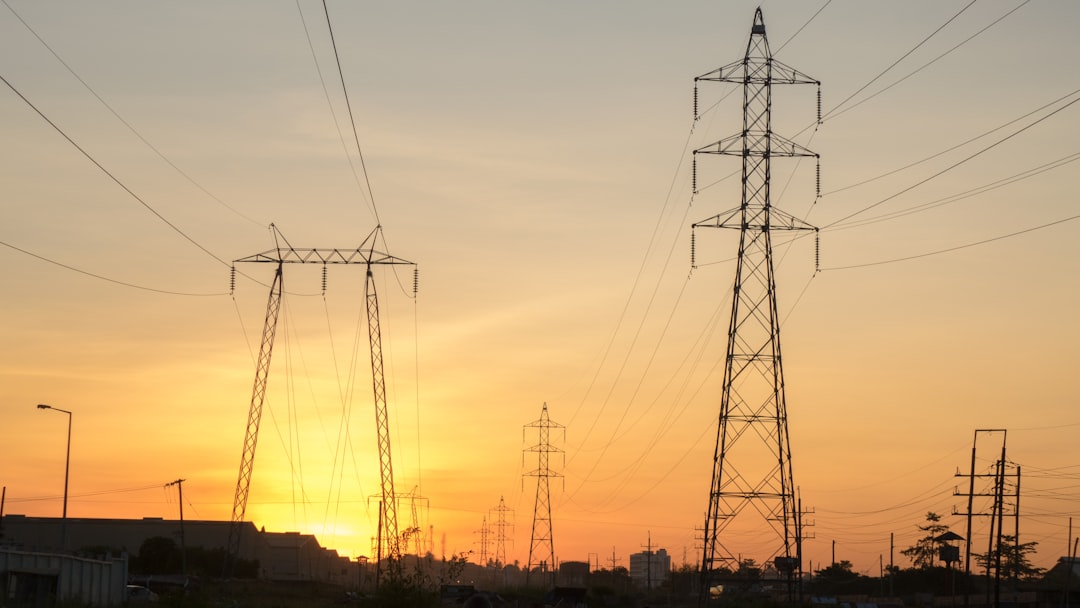Forget Social Media: Meta's Next Big Bet is on the Power Grid

In a stunning move that reveals the hidden costs of the AI revolution, Meta Platforms Inc., the corporate parent of Facebook and Instagram, is looking to become a major player in the high-stakes world of energy trading.
The social media titan formally filed an application with United States regulators this week, seeking authorization to buy and sell electricity on the wholesale market. This isn't a pivot away from the metaverse, but a critical and strategic maneuver to manage the colossal power demands of its data centers, which are working overtime to develop next-generation artificial intelligence.
A representative for Meta described the foray into energy markets as a "natural next step" in its quest to power its vast operations with clean energy. The insatiable appetite of AI systems for processing power translates directly into an unprecedented thirst for electricity, a challenge now confronting the entire tech sector.
Meta is not alone in this new frontier. The company is following a path already paved by its biggest rivals. Tech behemoths like Amazon, Microsoft, and Google's parent, Alphabet Inc., have already established themselves as active power traders, according to regulatory filings. The race for AI dominance is forcing Silicon Valley's giants to become as proficient in kilowatt-hours as they are in code.
The strategy is twofold. Primarily, it gives these companies greater control over sourcing the massive amounts of electricity they need. But it also opens up a lucrative financial opportunity. By holding large contracts for power—often from renewable sources—these tech firms can turn around and sell excess electricity back to the grid, capitalizing on moments when prices are high.
This move by Meta underscores a fundamental shift in the industry. As digital ambitions grow, the physical-world logistics of power and resources become paramount. The line between a tech company and an energy company is blurring, proving that the future of artificial intelligence will be built not just on algorithms, but on the ability to command the power grid itself.



